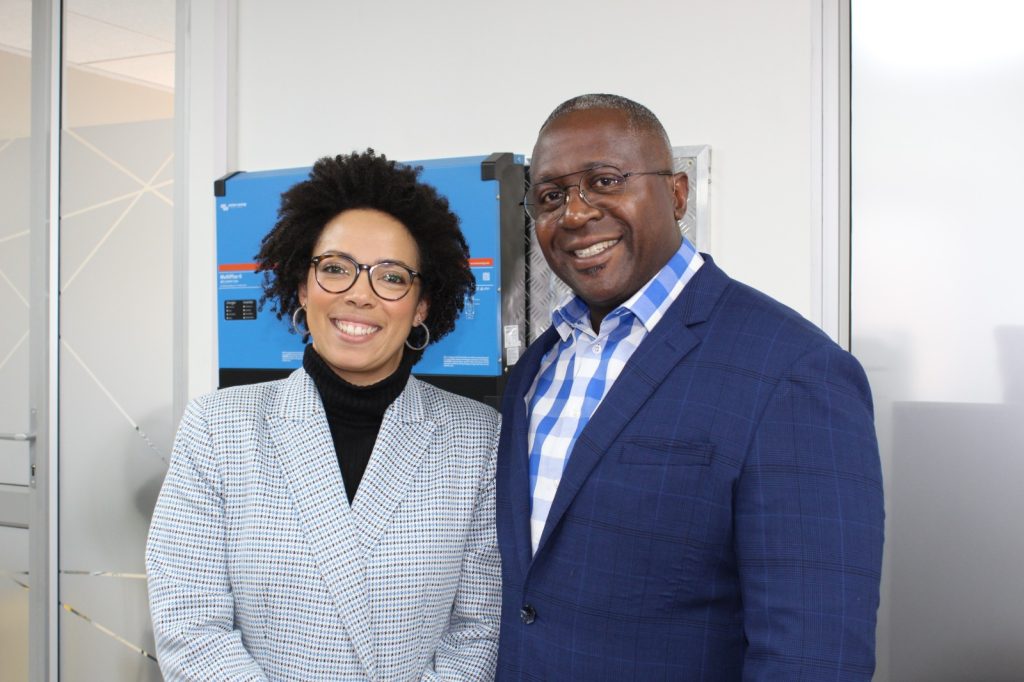Johannesburg, 27 August 2025
For many women entrepreneurs in South Africa’s rural communities, poor cellphone signal is more than just an inconvenience, it’s a barrier to survival, safety, and economic progress.
Many women in farming, tourism, and small trading depend on reliable signal to manage bookings, process payments, and communicate with customers. Yet across large parts of the country, weak reception and dropped calls are part of daily life.
“In the rural communities where we operate, a significant number of households are led by women. When they draw courage to start their own businesses to support their families, many of them face considerable challenges due to poor network connectivity. This hampers both their personal safety and business growth,” says Khanya Shipalana, co-founder of Moropa Site Solutions.

Tourism hit hard
The tourism sector is among the worst affected. LadyJ Joji, who runs a guesthouse in the Eastern Cape, explains: “Bookings come through too late because of poor connectivity. A guest sends a booking request, and by the time the email finally comes through, they’re already at the reception desk. Guests expect to confirm bookings online, share their experiences on social media, or check in with loved ones while they travel. When the network drops, these basic expectations cannot be met.”
“For local women entrepreneurs, the result is devastating, with visitors often bypassing some towns altogether in favour of areas with stronger connectivity. Intermittent signal cuts off women entrepreneurs from the very market they need to survive,” says Joji.
Safety and emergencies
“There are still deep rural areas where you simply cannot get cellphone signal. In other areas, the network drops so often that you can’t rely on it. I’ve seen someone use his own car to rush a neighbour to hospital because he couldn’t call an ambulance. For women entrepreneurs, this is frightening – when you can’t call the police during a break-in, you’re on your own.”
With neighbours living kilometres apart, the lack of signal often means isolation. For women who already face higher risks of crime and gender-based violence, the inability to call for help removes one of their most vital protections.
Locked out of digital markets
Shipalana warns that poor signal also limits access to broader markets. “From point-of-sale devices to WhatsApp-based sales, e-commerce relies on stable connections. Women hoping to scale up are instead left frustrated when trying to access the digital economy and are often unable to reach broader markets or compete with their urban counterparts.”
“The signal is just reliable enough to hope, never reliable enough to build on,” she says.
“In places like the Eastern Cape, women are running businesses with incredible resilience, but the lack of basic infrastructure in deep rural areas undermines their efforts. Imagine trying to sell your crafts online but losing the connection halfway through a transaction or missing a payment because your card machine won’t connect. These daily frustrations add up to lost income and lost opportunities,” Shipalana says.
Call for solutions
According to Shipalana, the gap between urban and rural connectivity can be closed if government accelerates infrastructure development. “The statistics are sobering, but the solution is within reach. By accelerating tower rollouts, cutting red tape, and prioritising rural coverage, South Africa can unlock a wave of entrepreneurial energy led by women,” she says.